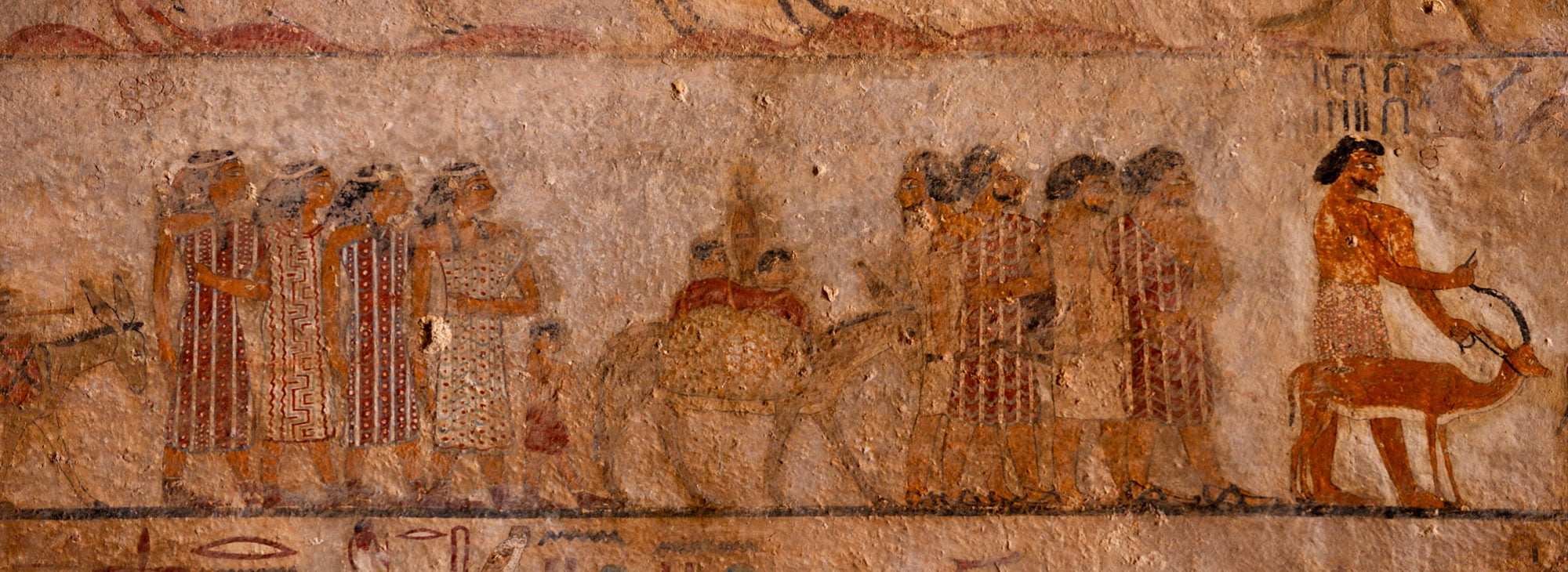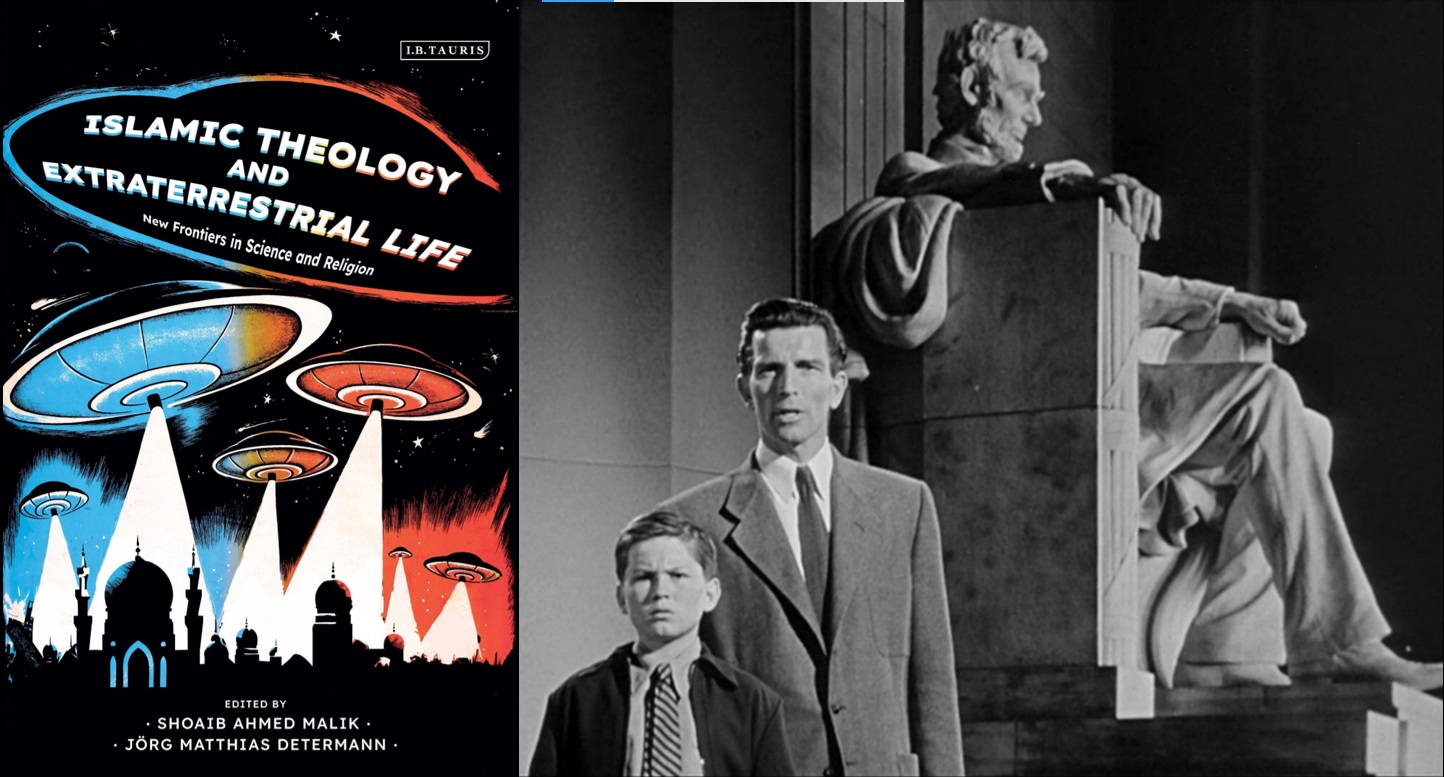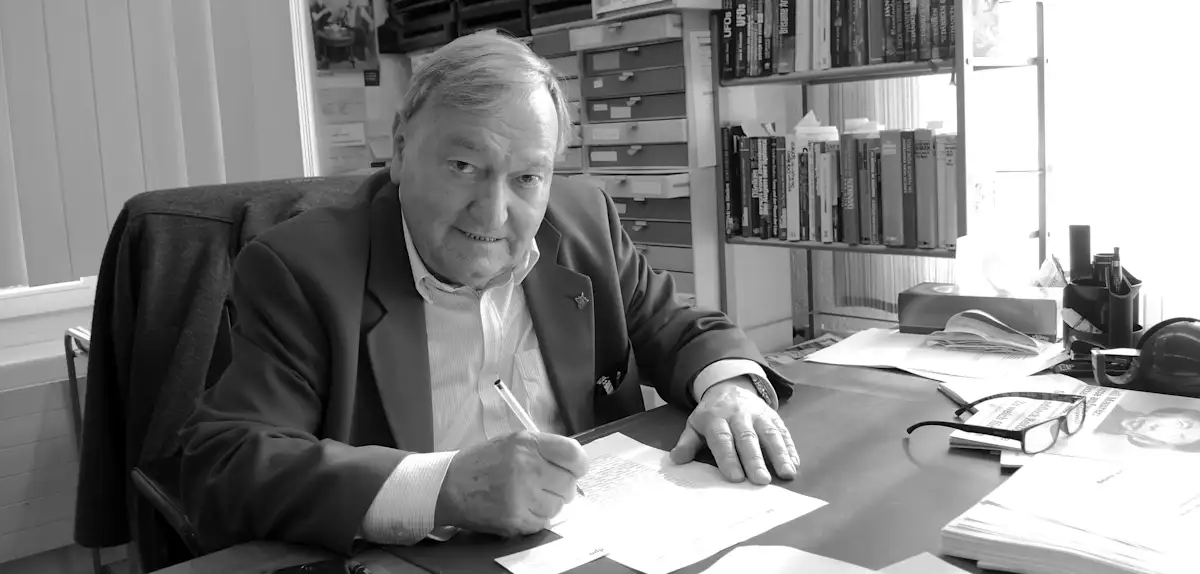
Egyptian archaeologists working on the Nile Delta have uncovered dozens of rare predynastic tombs dating to the period before Egypt's Pharaonic kingdoms first emerged more than 5,000 years ago.
They also found tombs nearby from the later Hyksos period (1650 to 1500 B.C.), when Western Asian migrants took over the country, putting an end to Egypt's Middle Kingdom.
The findings in the Dakahlia province north of Cairo could shed light on two important transitional periods in ancient Egypt, Egyptologists said.
The tombs include 68 from the Buto period that began around 3300 B.C. and five from the Naqada III period, which was just before the emergence of Egypt's first dynasty around 3100 B.C., according to a statement from the Ministry of Tourism and Antiquities.
They also include 37 tombs from the time of the Hyksos, who first began migrating across the Sinai into Egypt around 1800 B.C.
"This is an extremely interesting cemetery because it combines some of the earliest periods of Egyptian history with another important era, the time of the Hyksos," said Salima Ikram, an Egyptologist at the American University in Cairo.
"Egyptologists are working to understand how the Egyptians and the Hyksos lived together and to what degree the former took on Egyptian traditions."
The Buto tombs were oval-shaped pits with the corpses placed inside in a squatting position, mostly on their left sides with the head pointing west, the ministry statement said.
Some of the tombs from the Naqada period contained cylindrical and pear-shaped vessels.
The Hyksos tombs were mainly semi-rectangular with the corpses lying in an extended position and the head also facing west.
"The mission also found a group of ovens, stoves, remnants of mud brick foundations, pottery vessels and amulets, especially scarabs, some of which were made of semi-precious stones and jewelry such as earrings," the statement said.
Source: Middle East Online





